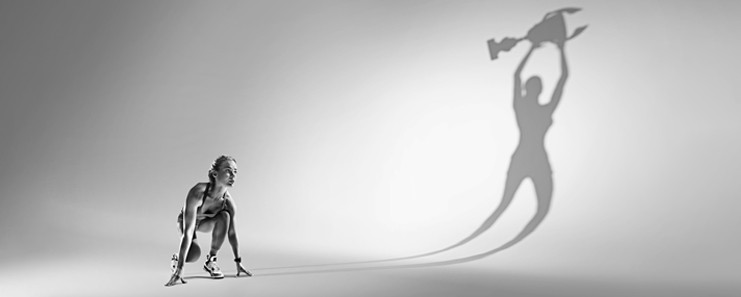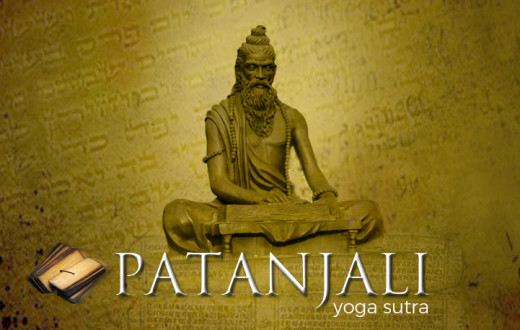I don’t play competitive sports. I don’t watch competitive sports. Not even remotely. Matches, test matches, international matches could be lost and won and I wouldn’t even know. And I thought I couldn’t care less till I was invited to write this opinion-ed and I realized that I needed a case, tight enough, to keep my reader with me till the end of this piece and so here goes.
On the face of it, this obsession with winning Vs losing disconcerts me. The long hours of viewing matches bore me. By now, if you are a sports fan, you would probably drop this piece, but hold on, I need you to stay with me, just a wee bit longer.
There’s this fabulous story from the Tokyo Olympics
It is about Indian boxer Satish Kumar who turned up for the world championship with 13 stitches on his face. He had sustained two deep cuts - on his forehead and chin - during the pre-quarterfinals but decided to fight his next bout against Uzbek superstar Bakhador Jalalov. He said, “Par marta kya na karta, I knew I wanted to fight. Otherwise I would have lived with the regret of ‘what if’. Now I can be at peace and also probably a little content with myself that I gave my best”.
Satish Kumar’s phone hasn’t stopped ringing with people calling to congratulate him. If there was a voter’s poll, he would have got an award. If I were on the Olympics committee and someone put me in charge of instituting awards for sportspersons like Satish Kumar, who rose above themselves to display human qualities that exemplified sportsmanship, we may probably have fewer sportspersons suffering depression, mental breakdowns, anxiety attacks, and finally total burn-outs.
Who told Satish that if he gave his 100 percent, however difficult the adversity, he would sleep better that night? Who told him that, by doing what he did, he would go home happier? Did he know that the media would put him on their headliners and stories would be told about him for a long time to come? Did he know that a core belief that probably evolved and developed within him consciously or unconsciously, could be a defining moment, for some, of the Tokyo Olympics 2020?
If I had to attempt to navigate those moments with him that led to his decision, I would imagine two scenarios. One in which his mind stayed focused on his goal to represent his country at the world’s most prestigious sporting event. In which case, the setback, excruciatingly painful as it was, was not an impediment. His military training most likely had a huge role to play here. In the second scenario, I imagine he would have just had his epiphany moment in this unscripted turn of events. If I had a chance to interview him, that’s the moment I would want to write about. The moment, where the effort and not the result mattered.
The world today has begun rewriting performance indicators for sectors as disparate as corporate governance and beauty pageants. The entire paradigm of planet, prosperity, peace, and partnerships, critical for global progress, now has begun to put people, their hearts, and their emotional and mental wellbeing at the center.

To some extent, though small, the world of sports is waking up.
Early in 2020, the International Olympics committee surveyed more than 4000 athletes and the results led the IOC to shift its tone from sports performance and results to mental health and uplifting the athlete’s voices. For the first time in the Tokyo Olympics, the slogan it’s OK not to be OK began to gain space. If you don’t have the headspace to compete, it’s ok not to.
But going forward, the real shift can happen only when sports authorities and influencers are willing to go back to the drawing board and develop entire new matrices for points and rewards in competitive sport. Can they reward sportsmanship with the same vigor as they celebrate sports performance? What about special awards for people like Satish Kumar and others like him who demonstrate qualities that are inspirational and will, in the long run, relieve performance pressure resulting in the impending mental health pandemic that we are facing today?
I know it’s a long shot. But conversations, if they need to happen, should have begun a long time ago.

Written by: Rugmani Prabhakar
She is Head of Sustainable Development at The Art of Living. She is a storyteller in her heart and has the uncanny skill of taking disparately large and disconnected pieces of information and weaving powerful narratives that contextualize some of the most critical issues we are facing in the world today. The India Impact Report 2018-2020 that she authored recently, maps the humongous work of Art of Living against the 17 Sustainable Development Goals of the United Nations. It’s a report to look out for!
A little note: As community conversation facilitators, we believe in giving an individual the autonomy of expression. The views expressed in this piece are the author's own.





























